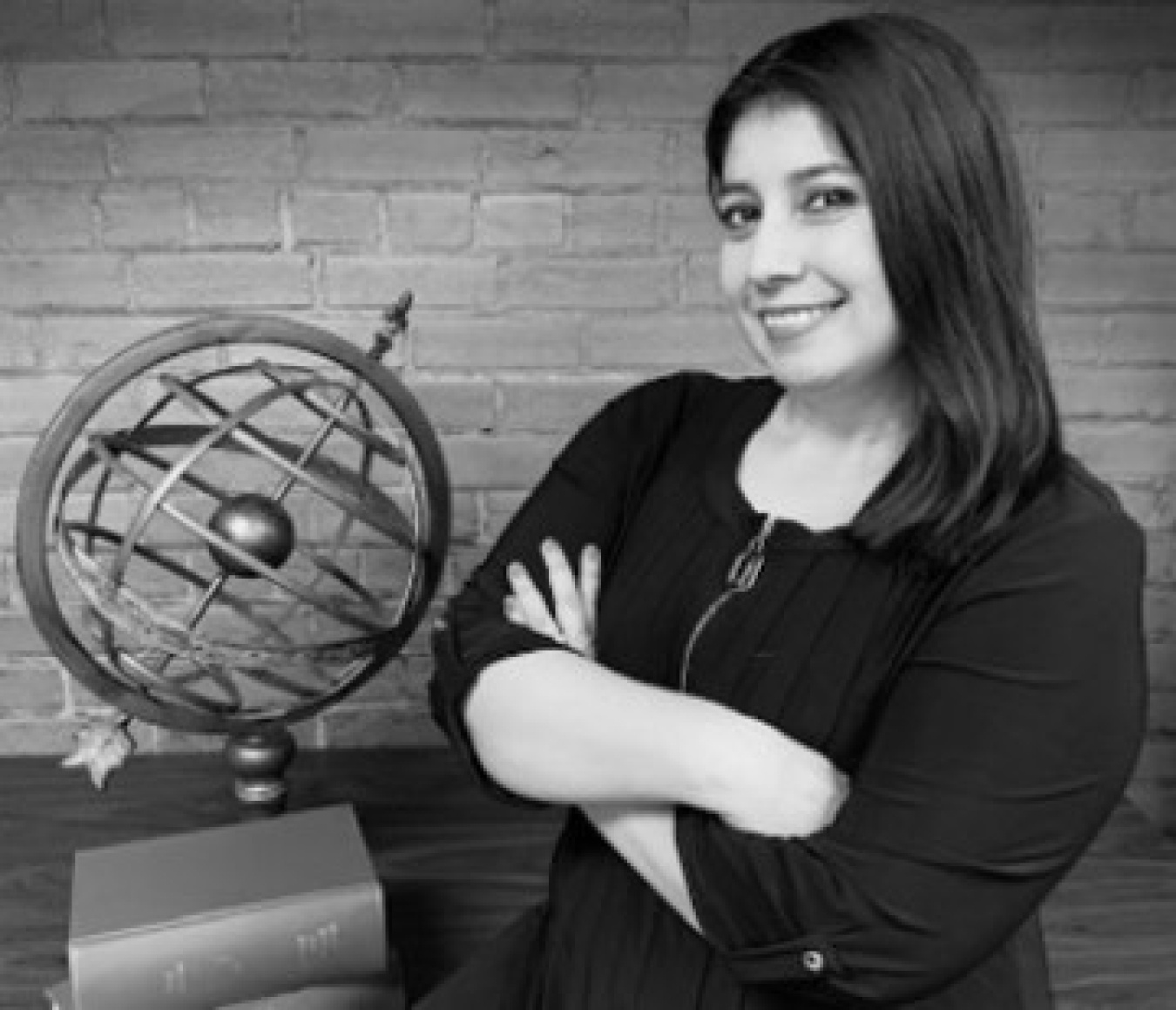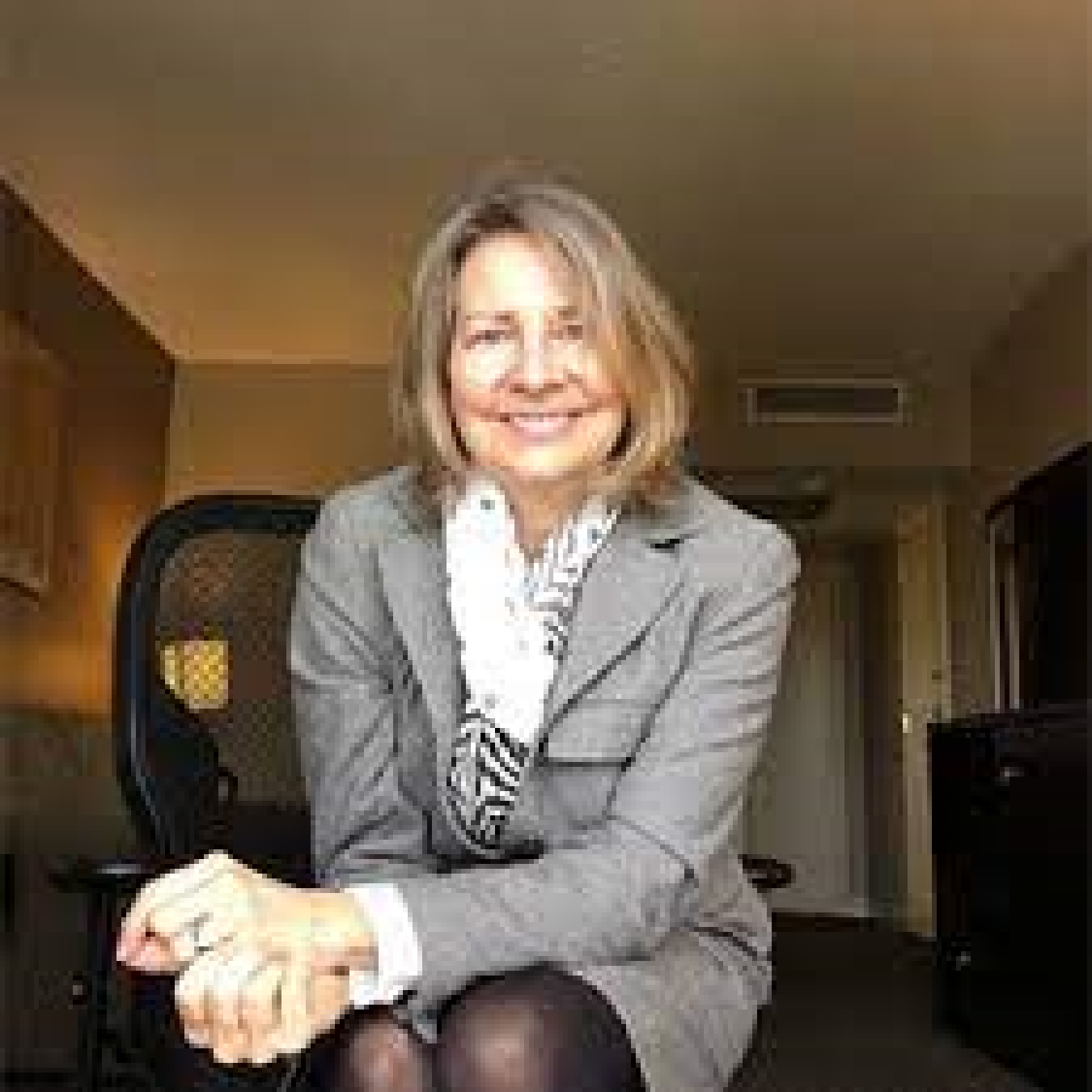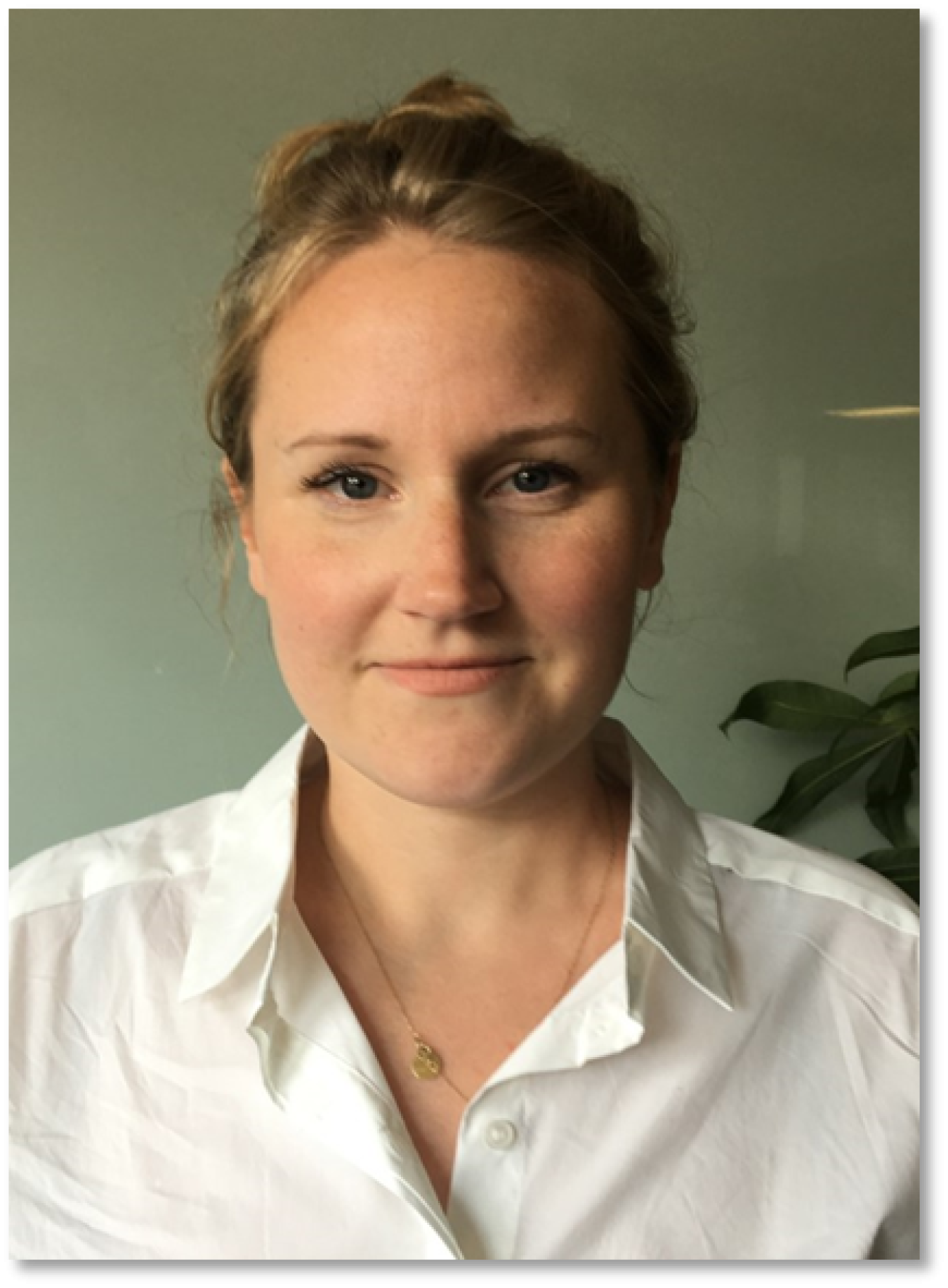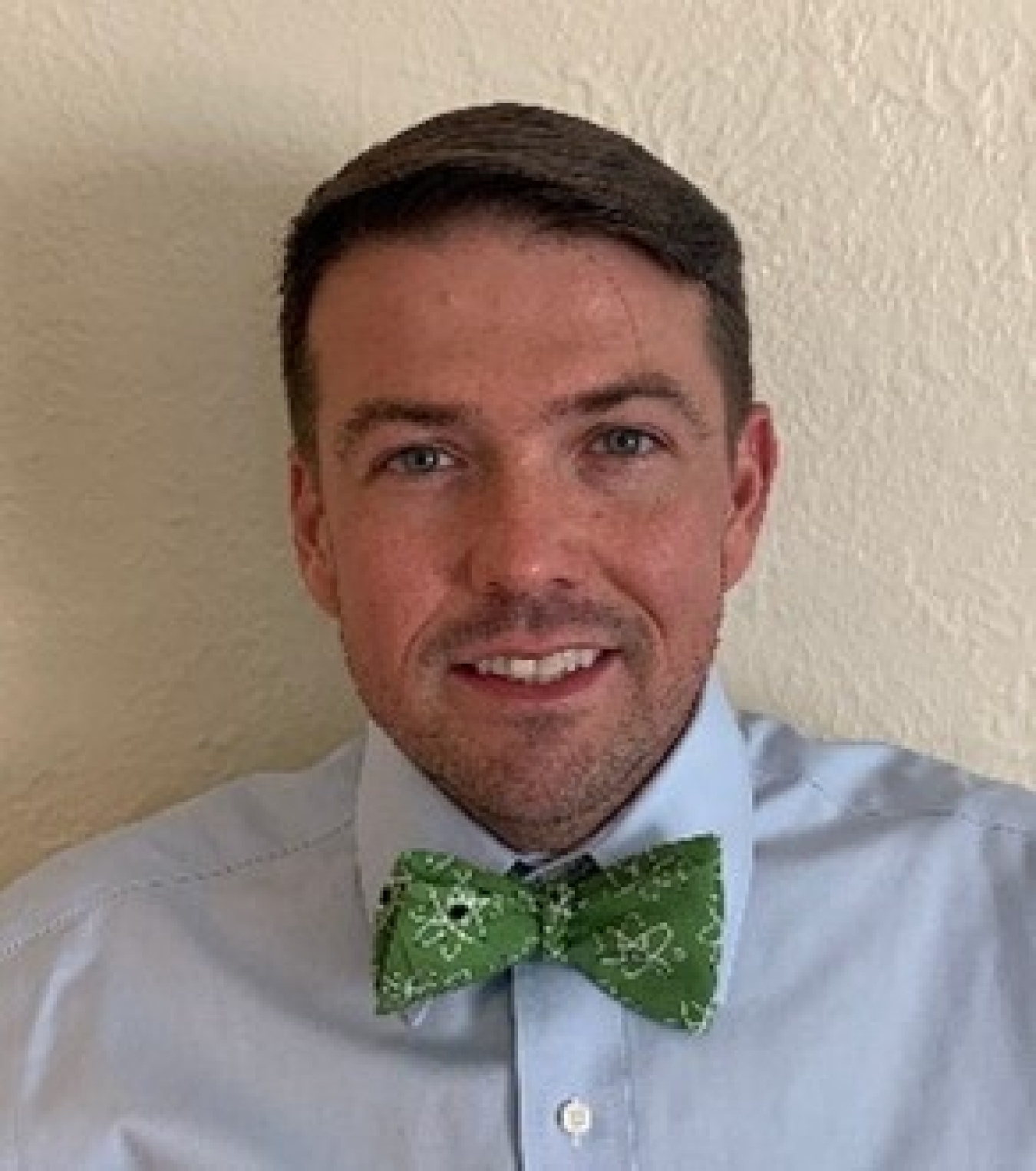The pathway to a career in science, technology, engineering, or mathematics, known as STEM, is an exciting journey well-traveled by millions of professionals worldwide. Thousands of career fields are available ranging from mechanical engineering to genetic research, to quantum physics and machine learning.
For those working in the field of geothermal energy, the most common denominator is, unsurprisingly, geology. However, there are numerous disciplines that contribute to geothermal work and research including materials engineering, geophysics, geography, and chemical engineering, and also non-STEM fields such as economics, public policy, communications, and business operations.
Today we’ll hear from several members of the Department of Energy’s Geothermal Technologies Office (GTO) and see what inspired them, how they use STEM in their daily work, and what advice they have to share.

How has your STEM background helped you in your career?
As an earth scientist my STEM background is the backbone of my career. I have had successful roles in fields such as research, operations, and most recently working closely with technical teams at the Geothermal Technologies Office. I attended school in Latin America and witnessed obstacles for young professionals in STEM; one of the most common is the lack of exposure to real life applications of STEM disciplines. I am a strong believer that if we see the actual positive impact STEM has on our own communities, and on society in general, it becomes immediately part of who we are. We own it. Currently, I mentor young professionals where I have the opportunity to support skill development like data analysis and applied sciences.
What motivated you to pursue a STEM track in school?
When thinking about what career field I belonged to, the answer was clear: science, mainly math, physics, chemistry, and basic statistics. I was always curious too about paleontology, my family has a country house located in an area known for their great fossil records from the Cretaceous period…I used to go every vacation and spent time outdoors looking for weird-shaped rocks! Hence, I enrolled in geology where I was able to combine applied science with fascinating outdoor activities.
What advice would you give to a student or recent graduate pursuing a STEM career?
One of the messages to my own mentees is: work as hard in learning how to apply your technical skills as well as non-technical skills. A STEM professional is recognized not only for how much knowledge they have, but also communicating their expertise and engaging in support activities. Understanding social impact, budget analysis, commercial feasibility, and regulatory compliance are crucial areas for success in any STEM project.
Any famous or notable scientists that inspired you?
Numerous scientists inspire me every day: my mentors, mentees, and teammates are the first who come to mind. Historically, female scientists inspire me greatly. In many cases they have overcome not only technical challenges but, throughout history, the inequality struggles they have been exposed to; their achievements are admirable.
In my spare non-STEM time I like to…
Volunteer for organizations advocating for diversity, equity, and inclusion where I use my STEM and non-STEM experience. I also enjoy outdoor activities, and living in Colorado makes it easy and delightful. Hiking with my dog to lakes, waterfalls, or creeks are my favorite. Music and dancing are part of my roots, so I don't miss opportunities to listen to a good band or hit the dance floor.

How has your STEM background helped you in your career?
As a GEMS (Graduates of Earth and Mineral Sciences) alumna at Penn State University, my coursework included cartography, remote sensing, geology, environmental resource management, meteorology, physical geography, spatial analysis, and other STEM courses that helped prepare me for a number of hands on disciplines including map making, community design, land-use planning, design and construction standards development, environmental impact assessment, and energy technology management.
What motivated you to pursue a STEM track in school?
Growing up in Southwestern Pennsylvania, a region impacted predominantly by mining and agriculture, and family members in heavy industry occupations.
What advice would you give to a student or recent graduate pursuing a STEM career?
Try finding a STEM challenge that excites you and go for it!
Any famous or notable scientists that inspired you?
Yes! My former environmental sciences and urban planning professor Dr. Timothy Beatley. Beatley is the Teresa Heinz Professor of Sustainable Communities in the Department of Urban and Environmental Planning at the School of Architecture at the University of Virginia, where he has taught for the last 25 years. Much of his work focuses on sustainable communities and creative strategies by which cities and towns can fundamentally reduce their ecological footprints, while at the same time becoming more livable and equitable places. Beatley’s work is inspiring to me because he believes that sustainable and resilient cities represent our best hope for addressing today’s environmental challenges.
In my spare non-STEM time I like to…
Mountain bike low hills and rocky flats.

How has your STEM background helped you in your career?
In so many ways! It’s so integral to who I am at this point it’s hard to tease the STEM part out. But if I were to boil it down to one thing, I would say my STEM background has taught me resilience. I can fail spectacularly, try new ideas, reapproach, backpedal, charge ahead, crash and burn, but just keep trying. My STEM background has made me a tinkerer, I guess. It’s the empirical, experimental thinking that helps me appreciate the success in the failure, and that’s it’s about the journey and not some ideal job at the end of the rainbow.
What motivated you to pursue a STEM track in school?
My parents are in STEM fields and I was one of those kids that was playing in the garage way earlier than was probably safe. Science and engineering were part of the family growing up. Fast forward to college (I was an “undecided” freshman), and I randomly took a Geology 101 class and I loved it. I loved the ability to travel, and how it expressed the hidden stories of things that you stare at every day and take for granted. STEM is like that.
What advice would you give to a student or recent graduate pursuing a STEM career?
Mentors.
Any famous or notable scientists that inspired you?
Jacques Cousteau. Seriously, go read his stuff and watch Le Monde Du Silence.
In my spare non-STEM time I like to…
Chase toddlers and a goofy husband.

How has your STEM background helped you in your career?
Most of my career I utilized my STEM degree directly in my work. I am originally a petroleum engineer (B.S.) and an engineering geologist (M.S.). In my career before the DOE, I worked as a drilling engineer, completions engineer, and production engineer for various oil companies where I directly used those degrees. I still use my degree at the DOE to help advise the Geothermal Technologies team.
What motivated you to pursue a STEM track in school?
I always liked math and science and did best in those subjects in school, I always knew I wanted some sort of STEM career. Also my 10th grade chemistry teacher was amazing. At the time I was in her class, she was doing some work at the Colorado School of Mines during the summers. She was very instrumental in my decision to attend Mines and start on a chemical engineering degree.
What advice would you give to a student or recent graduate pursuing a STEM career?
When I was looking at transitioning from oil and gas, one of my mentors asked me to consider what jobs I’ve had in the last 10 years that I enjoyed the most. I told him, one, graduate student and, two, my last position at Chevron working on a very complex deep-water oilfield. He followed that up by asking why those two, they were obviously very different positions. My answer was the people, they were all world experts in their fields. Also, the challenges in each position really excited me. At the DOE I have that again, the people are amazing and really believe in what we are doing and I love the challenge of geothermal. I guess my advice is make sure you consider the intangibles in your work, for me that’s the people I work with and the challenge of the work itself. Also seek out mentors, I have found them invaluable as I navigate my career.
Any famous or notable scientists that inspired you?
She isn’t famous, but obviously my 10th grade science teacher. Also early in my career I was lucky enough to visit Paris and the Pantheon there. In the crypt are famous scientists such as Lazare Carnot, Louis Braille, and Marie and Pierre Curie. Seeing these people enshrined so publicly reminded me that science matters and what we do can make the world better.
In my spare non-STEM time I like to…
Dabble in homebrewing and making my own craft cocktail bitters. I also enjoy the outdoors, living in Colorado…I hike, fish, snowboard, and camp. Also I am trying to get back into running and cycling, I recently signed up for another half marathon after a three year hiatus.
Editor’s note: To stay abreast of GTO news and updates, sign up for the office’s monthly newsletter, The Drill Down.
